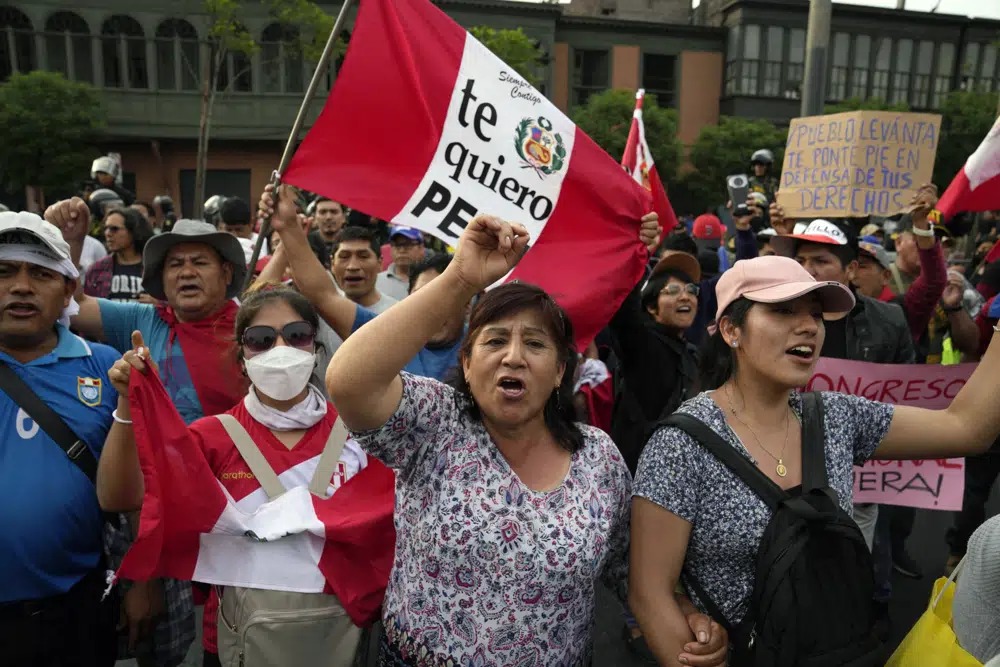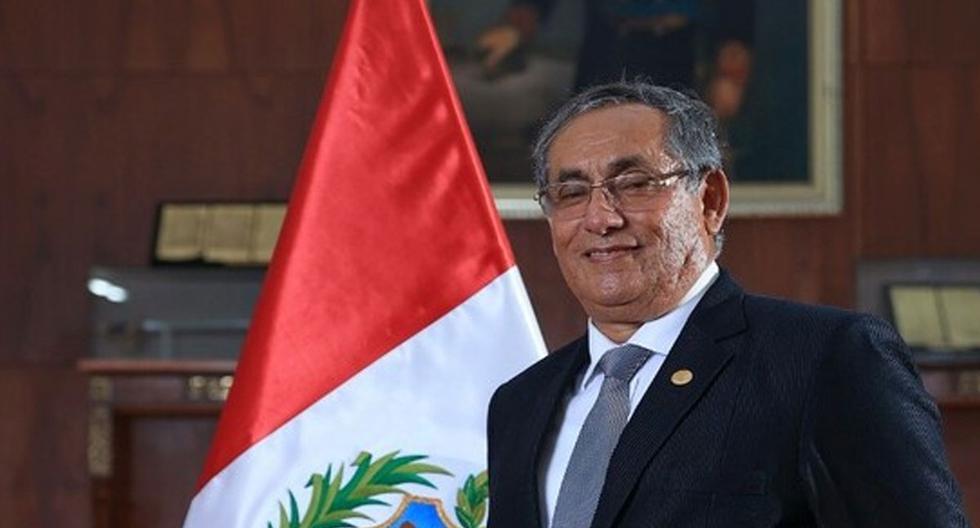Since the discovery of this disease, about 35% of diagnosed patients have died, but this could be an overestimate of the true mortality rate.
Source: RT in Spanish
The UK’s Health Security Agency (HSA) has urged its doctors to be vigilant about football fans returning from the World Cup in Qatar suffering from fever, breathing difficulties, coughing, vomiting and diarrhea. These signs are associated with life-threatening respiratory zoonosis called ‘camel flu’which is caused by the MERS-CoV coronavirus, reports the HSA statement referred by The Sun, this Sunday.
The HSA has warned doctors to “be alert” to the possibility of returning World Cup fans showing signs of Middle East respiratory syndrome (MERS).
Although the risk of infections with this zoonotic virus for UK residents is very low, it “may be higher in those with exposure to specific risk factors within the region, such as camels.”
“MERS can be acquired through close contact with camels or by consuming camel products, such as raw camel milk.“, indicates the statement.
According to the World Health Organization (WHO), about 35% of patients diagnosed with respiratory syndrome have died. However, it is possible that this number represents an overestimate of the true mortality rateas existing surveillance systems may miss mild cases of MERS.
The WHO reports that no specific therapies for MERS-CoV, being a supportive treatment that is based on the clinical condition of the patient. It also reports that currently there is no vaccine availablehowever, several are in clinical development.
affected countries
Since the identification of MERS-CoV in 2012, 27 countries have reported MERS-CoV cases to WHO: Algeria, Austria, Bahrain, China, Germany, Saudi Arabia, Egypt, United Arab Emirates, United States of America, Philippines, France , Greece, Italy, Jordan, Kuwait, Lebanon, Malaysia, Oman, the Netherlands, Qatar, the United Kingdom, the Republic of Korea, the Islamic Republic of Iran, Thailand, Tunisia, Turkey, and Yemen.
WHO has concluded that MERS-CoV outbreaks do not constitute a public health emergency of international concern and does not recommend travel or trade restrictions or entry screening for MERS-CoV.





